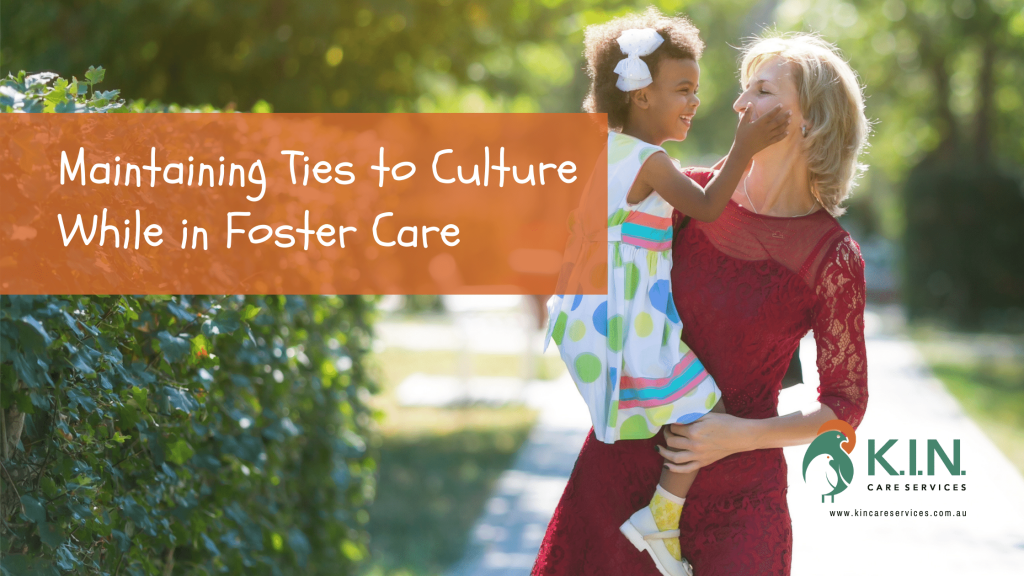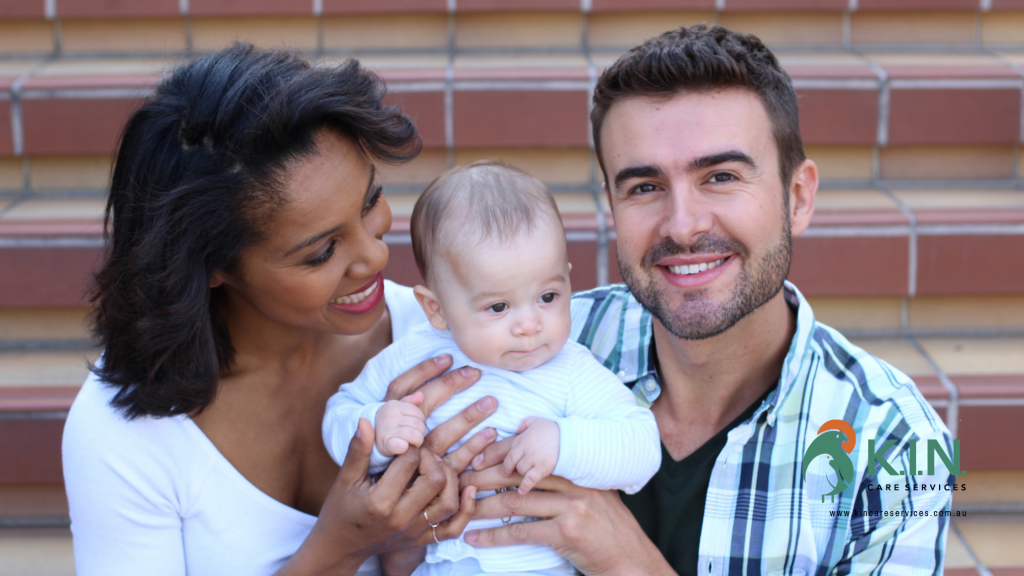Foster parenting is a vibrant, colourful experience full of love and warmth. However, in some cases, foster parenting comes with its cultural challenges and difficulties. At K.I.N (Kids in Need) Care Services, we work with foster families every day and believe it is important for children to stay connected to their culture.
According to an article by Macquarie University, it reports on an exploratory study about maintaining and supporting the cultural identity of children from culturally and linguistically diverse family backgrounds in foster care placements. They spoke with foster carers and caseworkers who respectively live and work with children from culturally and linguistically diverse backgrounds in New South Wales.
“The importance of nurturing a sense of belonging through cultural, linguistic and religious affiliations is recognised in Australian curriculum policies that guide teachers in early childhood and school settings. Teachers, however, may not be fully aware of their potential contribution in supporting these children to maintain their connections with their cultural heritage. Our findings provide evidence for extending the public discourse on cultural responsiveness and supporting cultural maintenance in foster care placements. We consider implications for foster care practice and future research involving key stakeholders such as children and young people in care, as well as teachers in early childhood and school settings.”

Here are some reasons why foster kids must maintain ties with their culture.
Language Barrier and Communication
The average age for kids who begin their lives in a foster home is around five. By this time, they are only fluent in their mother tongue. It is also the primary language they comprehend instructions and advice in.
The language spoken in their foster homes may be a tad different, or an entirely new one. Adjustment is already hard, and it is made more arduous by the language barrier present between them and their foster parents and siblings.
Rekindling with their Family
Parents or even relatives of foster kids may not be prepared to raise their children, but that in no way means they want to cut all ties with them. Sometimes, well-intentioned relatives wish to keep in contact with these children and see how they are doing.
- If safe to do so, children should be encouraged to meet these relatives and connect with them.
- Every child deserves to be well-connected with their diverse cultural identity.
- Being unable to connect with these relatives may negatively affect their growth and sever their ties with such relatives.
- In many cases, these children may even suffer an identity crisis.
- These relatives- their aunts, uncles, and grandparents can help them learn about their culture. Their culture includes ethnic clothing, festivals, religious rites, and rituals.
A Sense of Belonging
Moving around in foster homes is never easy. The constant change can confuse children. The feelings that they are unwanted and unimportant can brew inside them, bringing devastating consequences to the young child’s sense of being.
Being aware of their culture can help find their true north. They can feel like they belong somewhere. It also helps them cope well with the changes they are going through. Children with strong ties to culture are also proven to have lower depression and anxiety and are overall more well-rounded human beings.
It is aptly named a foster home because this is where love and warmth fosters. It is a home away from home. To be tethered strongly to what makes us who we are is the only way to feel at home away from home.
K.I.N (Kids in Need) Care Services is determined to provide a safe and caring home to children and young people. If you want to ask advice, or need assistance you can reach out to us via email support@kincareservices.com.au for more information or schedule a meeting.


